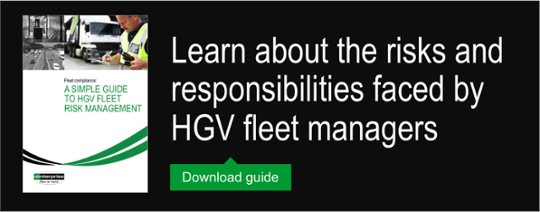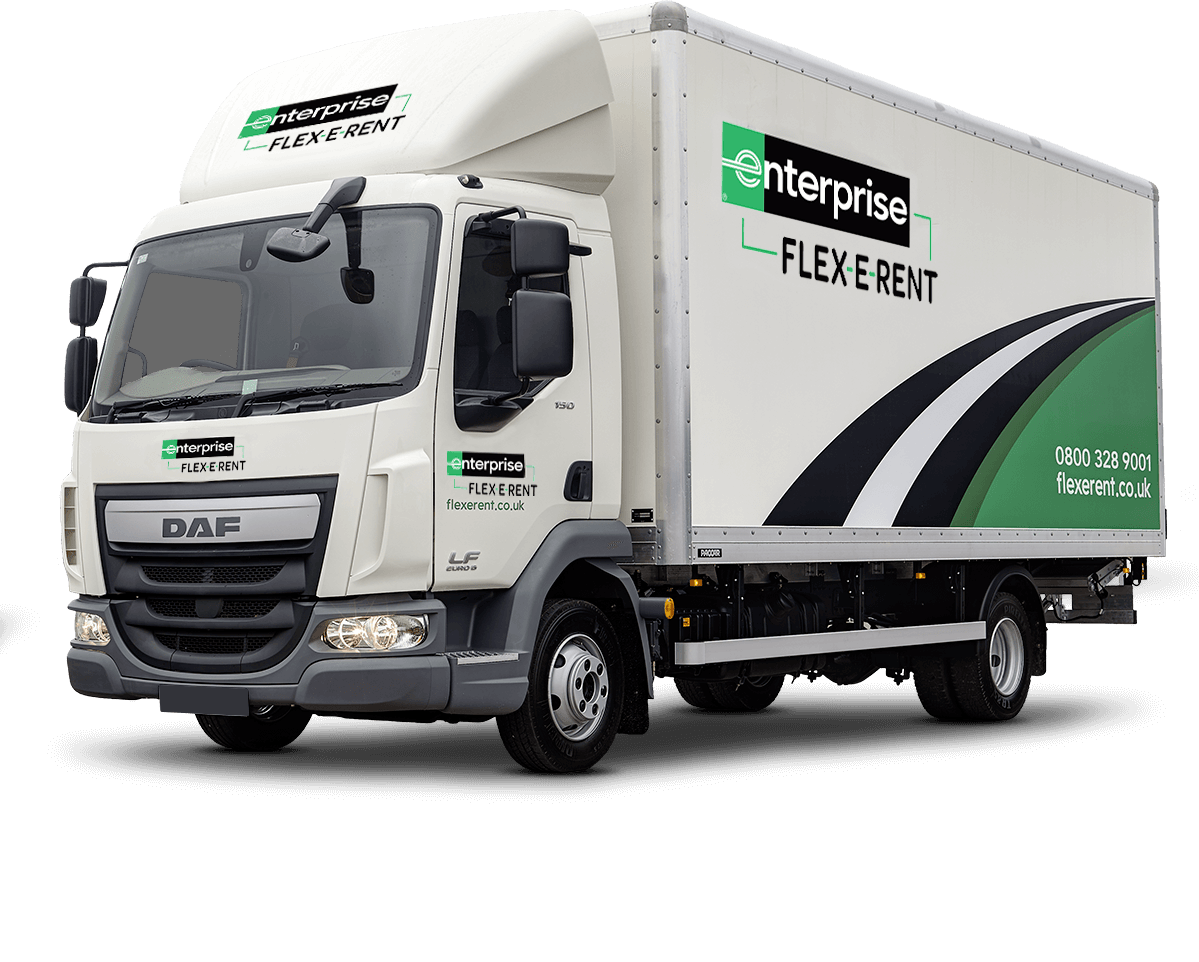Legal UK speed limits for vans and other commercial vehicles continue to confuse road users. With misguided information, it is commonplace for fleet drivers to be at risk of breaking the law without even realising.
Confusion over correct speed limits can commonly arise when leasing fleet vehicles. With drivers switching between different models, it can be easy to forget that speed limits vary according to vehicle size and weight.
With the number of vans in the UK rising 2.5 times quicker than cars, accounting for one in ten vehicles, a clear understanding and application of speed limits is essential in order to offer effective fleet accident management.
Looks can be deceiving, as vans which appear to be a similar size and weight can be subject to different speed limits due to their classification. While a ‘car-derived’ van has the same speed limit as a car, vehicles classed as light good vehicles are subjected to restricted speed limits. For example, a car derived van has a speed limit of 70mph on dual carriageways and 60mph on single carriageways. On the other-hand, LGVs have a reduced speed of 60mph on dual carriageways and 50mph on single carriageways. Due to LGV vans' similar appearance to car derived vehicles, many drivers are unaware that their speed limits differ to normal cars, placing thousands of drivers at jeopardy of breaking speed limits. For the full low-down on vehicle speed limits, take a moment to view our infographic.
The difference between vehicle models can be hard to spot, but knowing the specific speed limits for your fleet vehicles is essential for keeping your employees safe. Shockingly, organisations are simply not taking responsibility for employees while on the road.
In a survey conducted by IAM Drive & Survive, 72% of people who drove for business reasons had been offered no training by their employer at all. This high percentage suggests that there are many people driving fleet vehicles without knowing the specification of their vehicle and legal speed limit, which places organisations on a legal tightrope.
Legal consequences
With a new generation of speed cameras, speeding fines are becoming more frequent, reaching the highest level in four years according to figures from the Ministry of Justice. Unsurprisingly, vans and other large vehicles continue to be regular speed offenders. Speed offenders can expect to face a penalty of up to £100 as well as three points on their license, and repeat offenders are also in jeopardy of being suspended from driving and losing their license – placing a strain on companies which rely heavily on fleet vehicles and drivers.
Vans and accidents
Speed limits for vans and large vehicles are enforced for a reason. With extra weight and decreased mobility, these types of vehicles have considerably longer braking and stopping distances and drivers are recommended to leave a four second gap between the vehicles in front. A lower speed limit therefore helps to ensure the safety of van drivers and other road users.
Unfortunately, accident rates remain high as drivers continue to break speed limits. A study by the Institute of Advanced Motorists’ Drive & Survive highlights how 86% of fleets have experienced an accident in the last 12 months – with no training provided to stop accidents occurring again in the future. These incidents are often caused by the fleet driver, with every participant of the study admitting that they had been involved in an ‘at-fault’ incident.
How to ensure fleet drivers are meeting speed limits
Ensure your company and employees have all the information needed from your vehicle hire service. It’s important to get a clear definition of the type of vehicle you are hiring and its specific speed limitations. Once equipped with this knowledge, employers must provide regular training for compliant use of vehicles. For peace of mind, you should also consider investing in fleet management. At Enterprise Flex-E-Rent, we offer routine support, reports and service provisions – helping you to ensure your employees are driving safely and legally.
Consider speed limiters
Speed limiters have divided opinion among fleet drivers. On one hand, they help regulate the maximum speed output of vehicles and reduce accidents while increasing fuel economy, which in turn eases the liability and risk placed on organisations.
However, in our time-sensitive culture, fleet drivers are under increasing pressure to get their job done in a short space of time. With a cap on a vehicle’s maximum speed, critics argue that speed limiters have a negative effect on job productivity.
When considering whether to use speed-limiters, refrain from a ‘one-size fits all approach’. For example, vehicles which are mainly used in urban areas have little use for speed limiters. In contrast, motorway drivers are continually at risk of speeding, so speed-limiters could be beneficial. As always, education and training is key here to ensure speed limiters are being used correctly and safety.
While resistance is to be expected from drivers, safety cannot be compromised and so technology which aids this should be applauded. Also take into consideration that fleet drivers are representing your company and vehicles will most likely be branded. Speeding and reckless drivers can have a damaging effect on your company’s reputation, hence why speed limiters are a worthy consideration.




